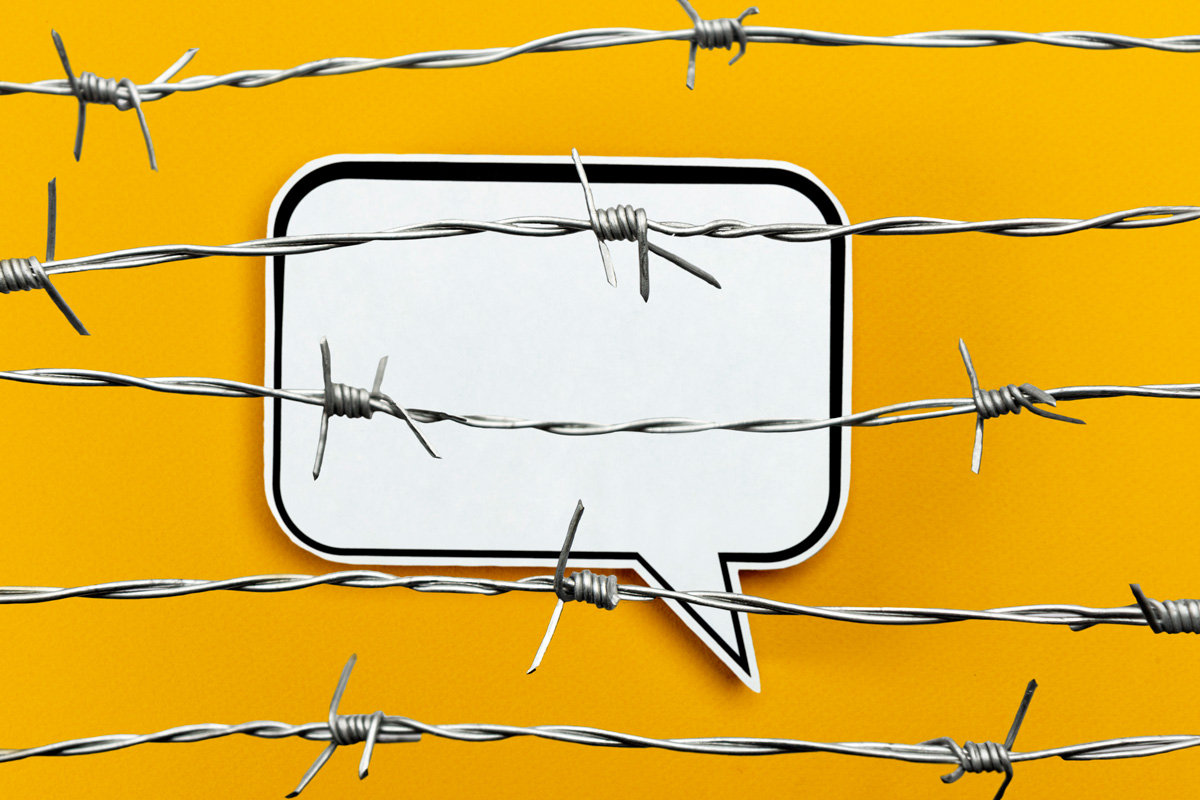U.S. Supreme Court to decide whether schools may discipline students for off-campus speech

The Supreme Court ruled in 1969 in Tinker that student speech on school campus is protected by the First Amendment so long as it does not substantially disrupt the work and discipline of the school, finding that the students’ black armbands protesting the Vietnam War were not disruptive.
Subsequent Supreme Court rulings have kept the core principles of Tinker in place, while creating new rules for specific circumstances, including allowing schools to regulate on-campus speech that is vulgar and offensive (Bethel School District v. Fraser) and speech that advocates illegal drug use (Morse v. Frederick), but the Supreme Court has not yet directly addressed whether Tinker applies to off-campus student speech.
In Mahoney Area School District, student B.L., after learning that she had not made the varsity cheerleading squad at her high school in Pennsylvania, expressed her frustration in a now infamous message posted on the social media app Snapchat. B.L. posted a photo of herself and her friend with their middle fingers raised, accompanied by a caption reading, “F**k school f**k softball f**k cheer f**k everything.” The self-deleting message was posted while the student was off campus, on a Saturday, and broadcast to about 250 of the student’s friends. A screenshot of the message was widely shared by students at school and shown to the school’s cheerleading coaches and school officials. The coaches suspended B.L. from the cheerleading team for the next season, citing a violation of team rules, and the school board upheld the decision.
B.L.’s parents filed this suit on her behalf in federal court in Pennsylvania, arguing that the district had unconstitutionally punished her for speech made off school grounds that did not pose a risk of disruption on campus.
The lower court held in B.L.’s favor, ruling that her “snap” was off-campus speech and therefore not subject to regulation under the exception established in Bethel School District v. Fraser for vulgar and offensive speech, nor under Tinker, as B.L.’s snap had not caused any actual or foreseeable substantial disruption in the school environment.
The Third Circuit Court of Appeals affirmed the lower court decision, but the court’s decision went further, holding not only was the speech not disruptive of the school environment, but “that Tinker does not apply to off-campus speech — that is, speech that is outside school-owned, -operated, or -supervised channels and that is not reasonably interpreted as bearing the school’s imprimatur.” In other words, to be subject to the rule in Tinker, off-campus student speech must be disruptive and connected to or viewed by others as sanctioned by the school.
The Third Circuit reasoned that holding Tinker inapplicable to off-campus speech offered clarity to students and school officials and declined to follow the approach of other circuits, including the Ninth Circuit in California, that have attempted to apply Tinker to off-campus student speech.
The court’s new categorical rule may be easier to understand and apply, but it has also raised potential concerns for some about the ability of public schools to address speech by students on social media that disrupts the school environment, including potentially disruptive racist comments, cyberbullying, or even possibly harassment or threats.
In its brief petitioning the Supreme Court to review the Third Circuit’s opinion, the school district argued that student social media use is inextricably linked with the campus environment, and districts have relied on school policies allowing administrators to discipline off-campus student speech that substantially disrupts the school environment. The district also noted that the COVID-19 pandemic has forced schools and students to increasingly move online many of the educational and social interactions that previously occurred on campus, and “that same technology acts as a megaphone for off-campus speech, ensuring that it reverberates throughout the classroom and commands the school’s attention.”
The Supreme Court granted certiorari to resolve the appellate court circuit split. The case is set for argument on April 28, with a decision expected by the end of the court’s term in June. CSBA’s Legal Department will provide an update to members on the outcome and impact of the court’s decision.
Please note that the information provided here by CSBA is for informational purposes and is not legal advice. Please contact your district or county office of education’s legal counsel for legal questions related to this information.